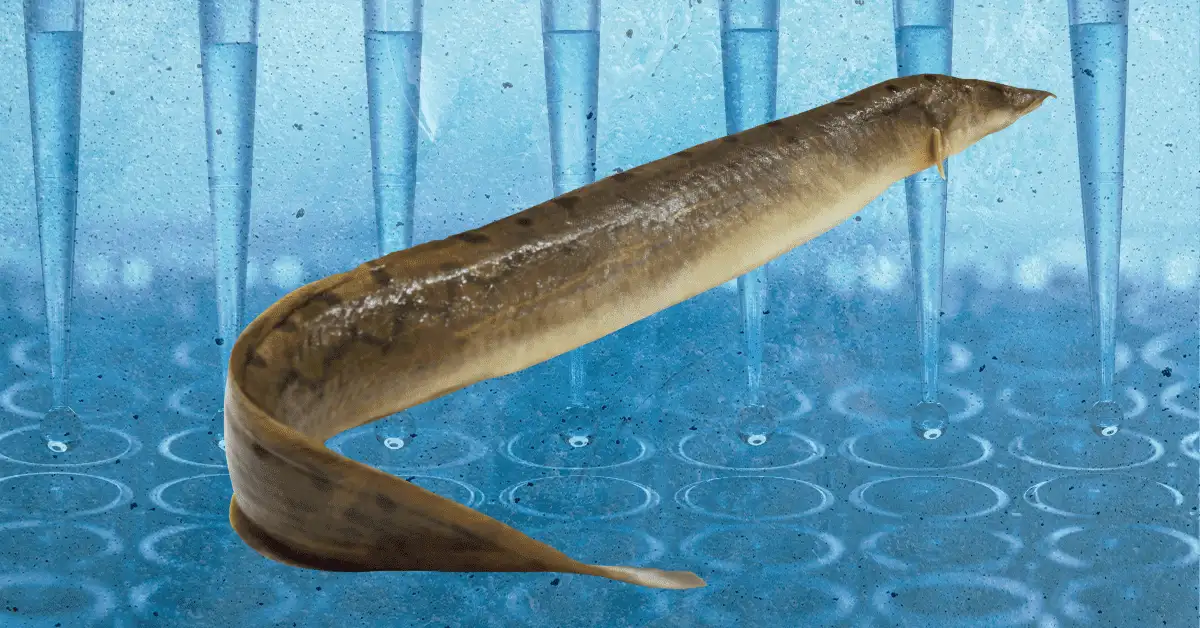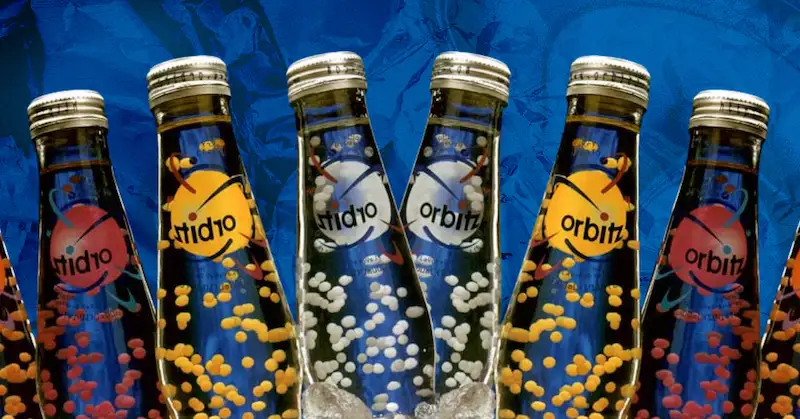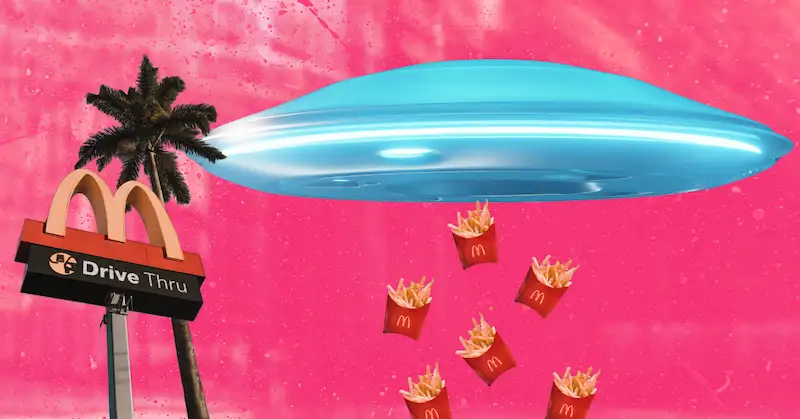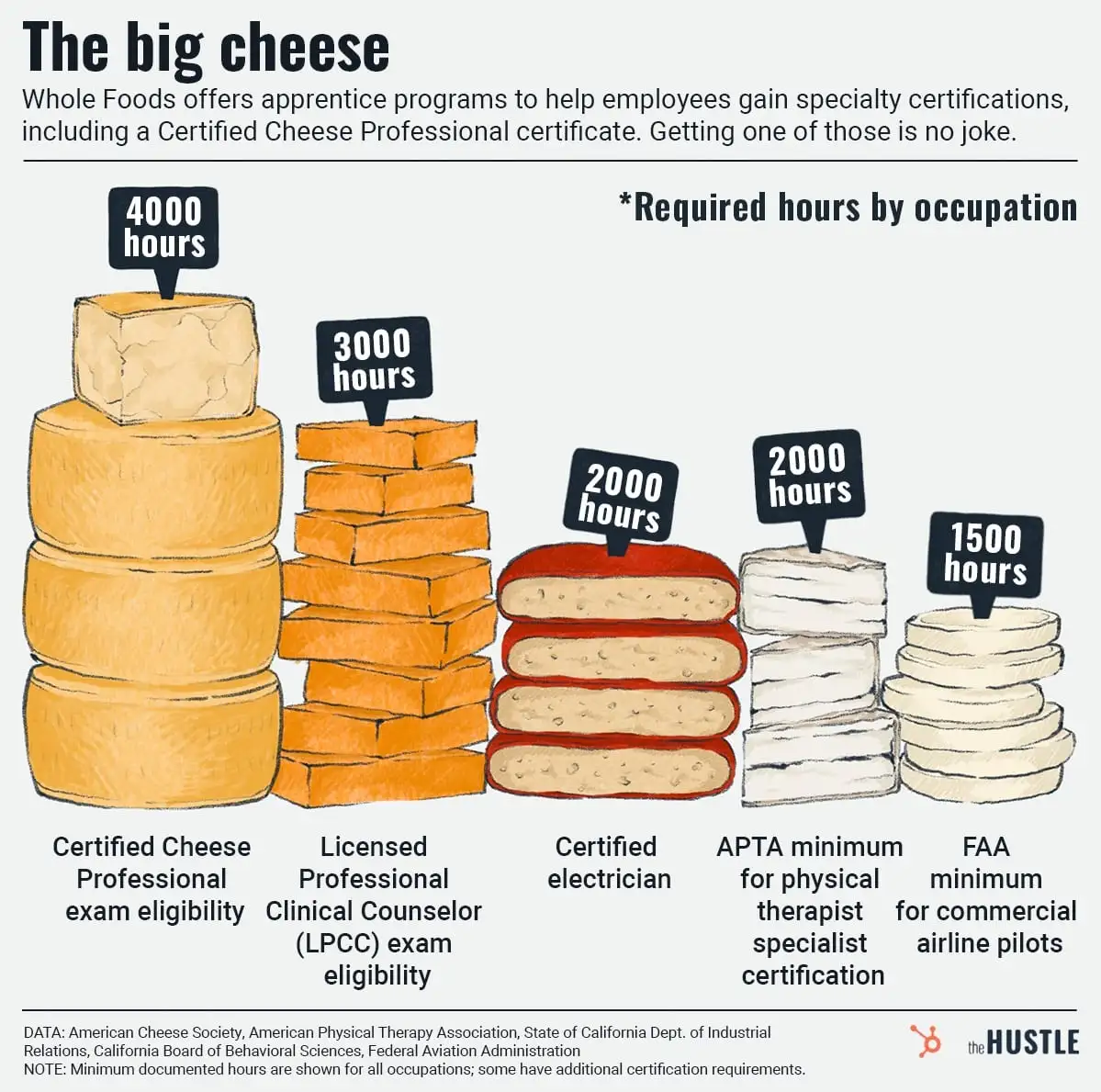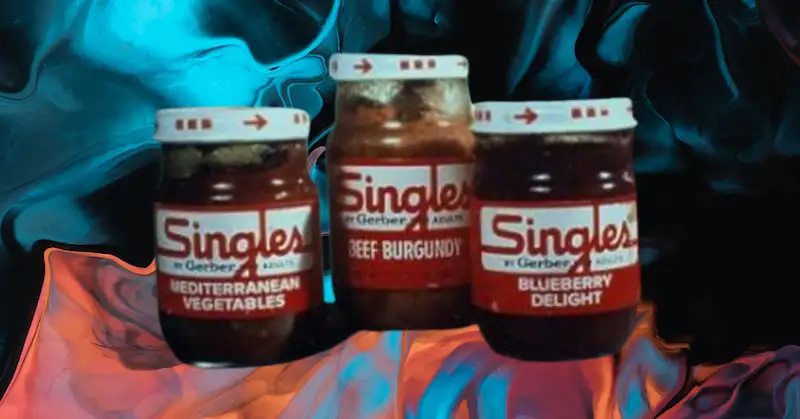In space, no one can hear you “mmm” — over your algae snacks, that is.
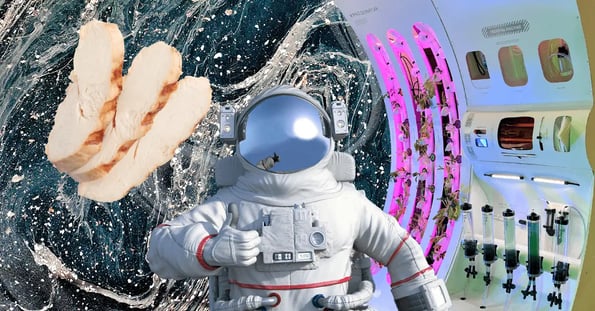
As part of the Deep Space Food Challenge — a competition hosted by NASA, the Canadian Space Agency, and the Methuselah Foundation to imagine cuisine for long space missions — future-focused design firm Nonfiction built a Space Culinary Lab.
The California-based company considered not just the challenges of space — no gravity, limited room — but the pleasure we derive from eating.
“Food is more than just shoving nutrients down someone’s throat,” Phnam Bagley, founding partner and creative director, told The Hustle. “You can have the best, most functional food in the world, but if people don’t want to eat it, they won’t eat it.”
The Space Culinary Lab…
… is the size of a large fridge. It has four components:
- An aeroponic microgreens garden. It floods seed pods with nutrients and water — and tending it potentially improves mental health.
- The algae snack system turns ultra-nutritious algae into tasty snacks that can be customized with nuts, spices, and more.
- A creaming machine, to emulsify mess-free smoothies, sauces, and foamy coffee drinks. “Starbucks [isn’t] popular because they serve you black sad coffee; it’s because there’s this whole variety of textures and flavors,” Bagley said.
- The space BBQ. Proteins are marinated in a carbohydrate solution (e.g., soy sauce, maple syrup), then a laser draws grill marks on them. The heat produces caramelization without an open flame.
Why these things?
Astronauts face radiation, isolation, and muscle mass and bone density loss, among other challenges. The first astronauts to reach Mars must remain mentally and physically fit while conserving resources and bringing everything they’ll need with them.
Bagley advocates for “bringing our human nature to these extreme environments” — the ritual of morning coffee, the agency to flavor food to our preferences.
Not only that, success out there bodes well down here.
“One thing about space that I’ve really believed since I was a little girl is that it’s an accelerator of innovation,” she said. “If you know how to solve for extreme environments, then you’ll be able to help people on Earth with very limited resources.”
For more: Listen to Bagley’s TED Talk here.

